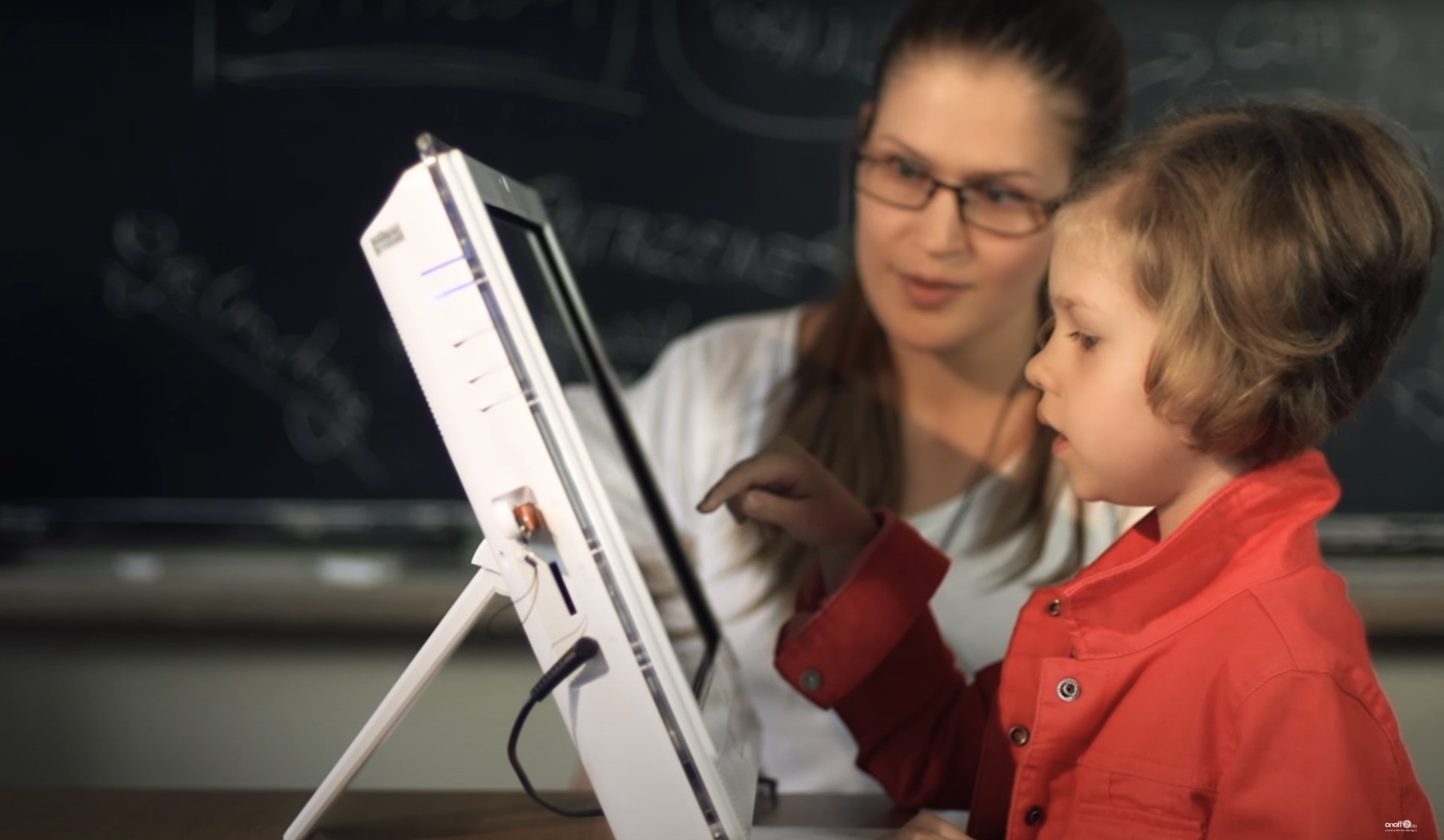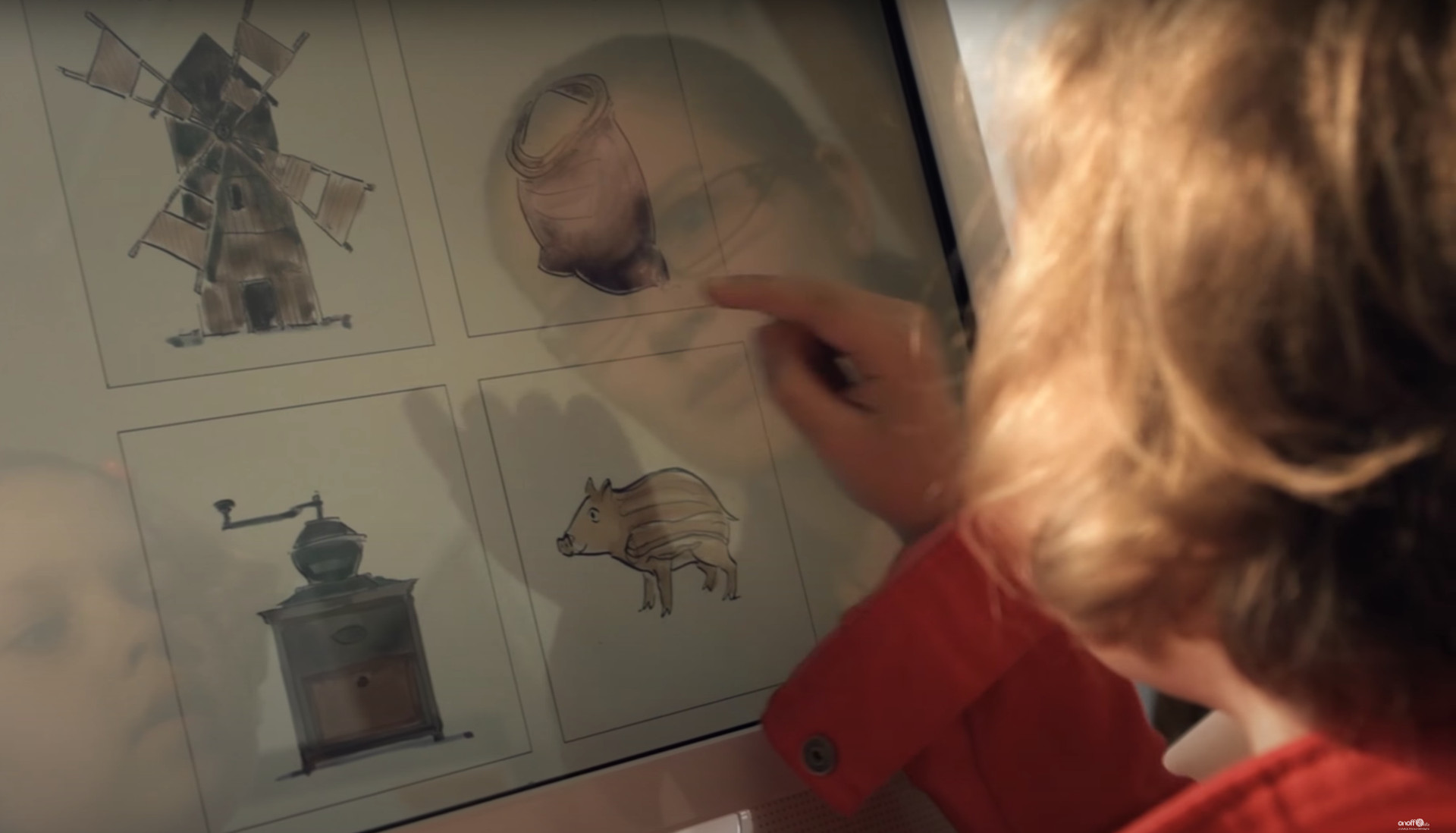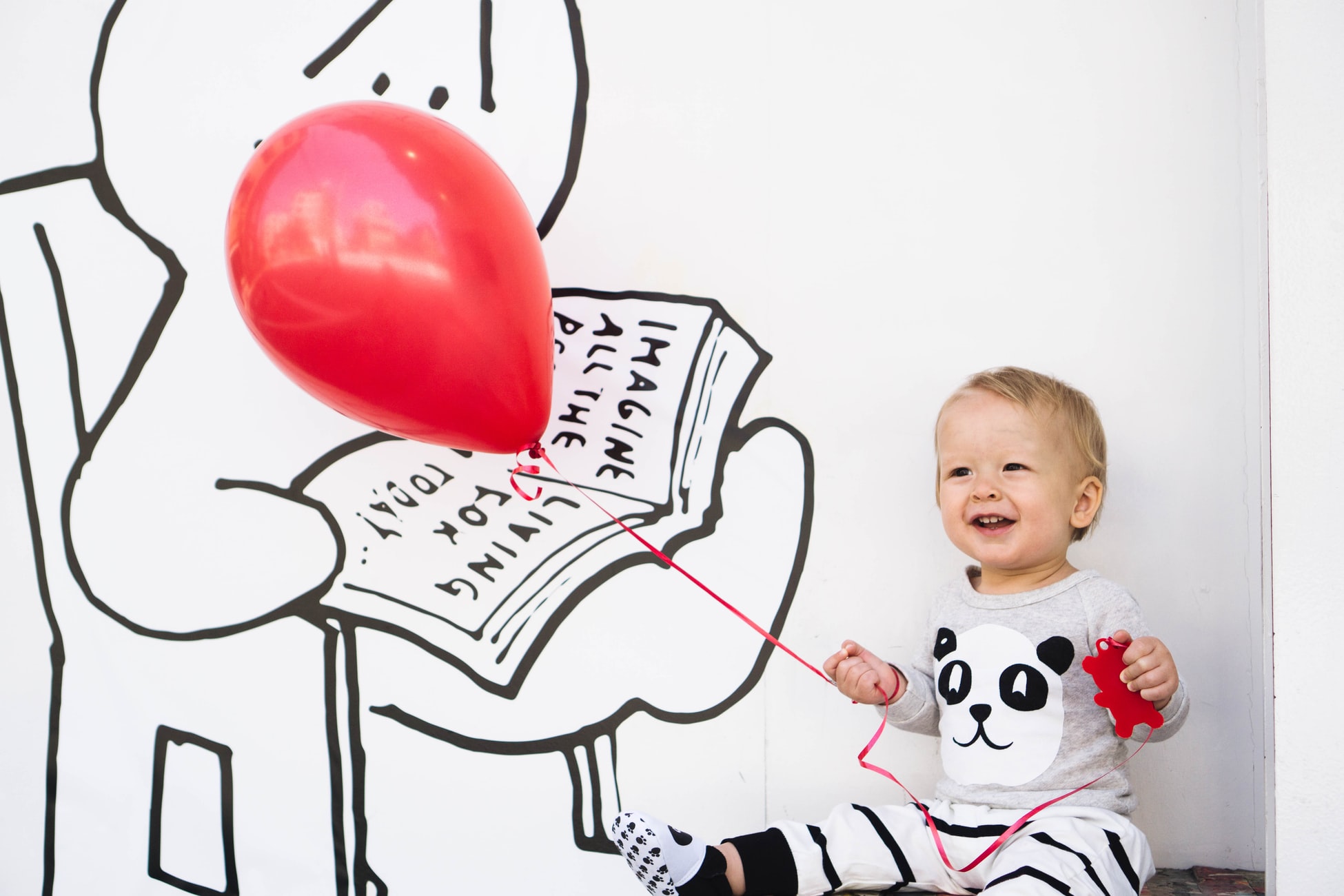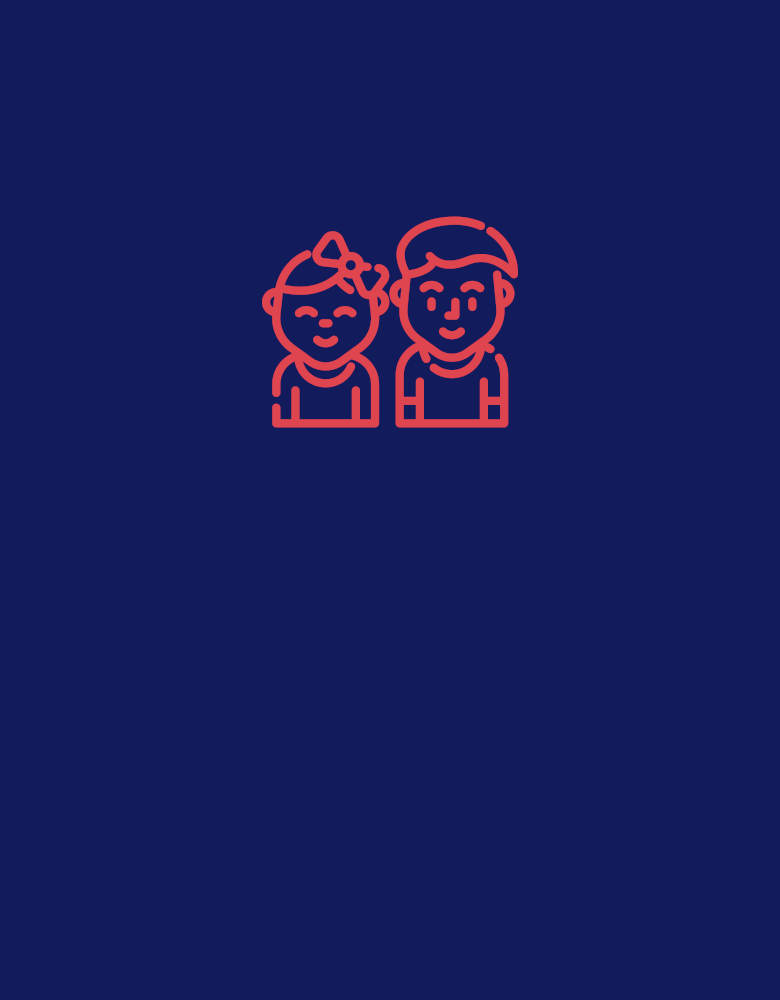MultiLADA is a research team
at the Faculty of Psychology
University of Warsaw
Our team focuses on the study of language development in monolingual, bilingual, and multilingual children. Collaborating with researchers from Poland, Norway, and the United Kingdom, we explore how young children acquire languages in diverse environments. Currently, our research partners are affiliated with the following institutions:
- Oslo Metropolitan University
- University of Oslo
- Inland Norway University of Applied Sciences
- University College London
- Institute of Psychology, Polish Academy of Sciences
International collaboration is crucial for us, as studying multilingualism requires a comprehensive understanding of all the languages a child uses. We co-develop specialized tools to assess the language skills of multilingual children, such as LITMUS-CLT, LITMUS-SRep and LITMUS-MAIN
Recently, we successfully completed two major research projects:
- StarWords – funded by the National Science Centre (OPUS program)
- PolkaNorski – co-financed by the EEA and Norway Grants under the GRIEG program
We are also active participants in strategic programs at the University of Warsaw, including "Excellence Initiative - Research University" and the 4EU+ Alliance, which unites researchers across Europe. Within these initiatives, we contribute to building the European Network for Psycholinguistic Research on Multilingualism and Multilingual Development.
Thanks to our efforts, the language development of multilingual children is becoming increasingly understood and supported.
Our publications
that we recommend to parents
How Does L1 and L2 Exposure Impact L1 Performance in Bilingual Children? Evidence from Polish-English Migrants to the United Kingdom
View publication
Home Language Will Not Take Care of Itself: Vocabulary Knowledge in Trilingual Children in the United Kingdom
View publication
The impact of a first-generation immigrant environment on the heritage language: productive vocabularies of Polish toddlers living in the UK and Ireland
View publication
Our publications
that we recommend to practitioners / specialists dealing with bilingual and multilingual children
Picture-based vocabulary assessment versus parental questionnaires: A cross-linguistic study of bilingual assessment methods
View publication










